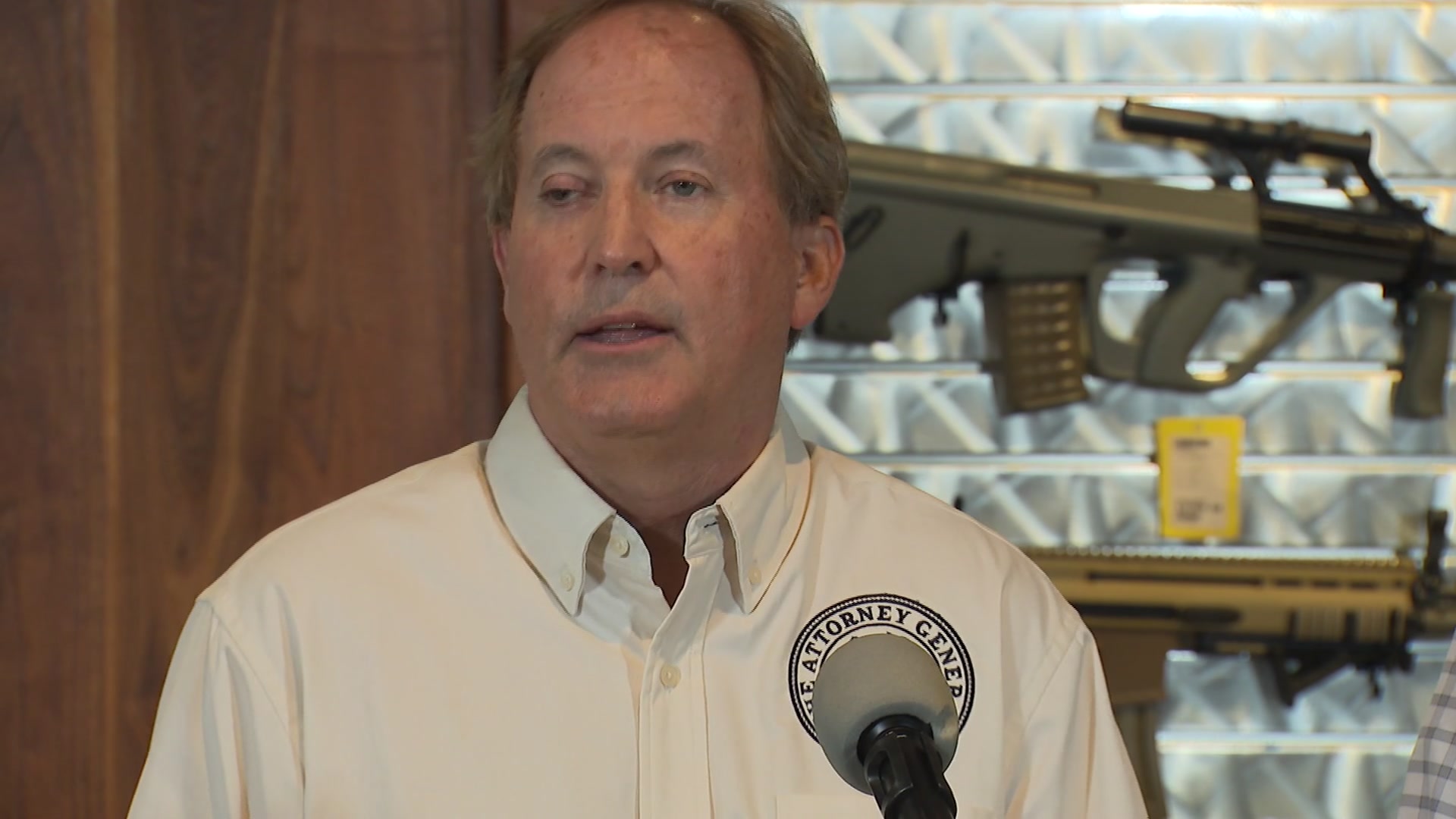
The Public Utility Commission of Texas adopted new rules Thursday that they say will help ensure grid reliability.
The rules outlined new requirements for electricity generators and transmission providers as they prepare for inclement weather in the summer and winter.
The PUC said the rule adopts specific temperature standards for 10 geographically distinct areas of the state and establishes minimum and maximum temperatures at which owners of electric generation and transmission entities need to prepare their facilities to be able to operate.
These temperature standards go into effect in June 2023.
Get top local stories in DFW delivered to you every morning. >Sign up for NBC DFW's News Headlines newsletter.
The PUC said the rule also removes the special exemption adopted last year for utilities that could not meet mandatory preparation deadlines.
Lastly, the rule also requires ERCOT, the grid operator for most of the state, to deliver every five years an updated weather study that examines several weather parameters that can have negative impacts on the reliable operation of the electric grid.
"Reliability drives every decision we make when it comes to grid operations," said Public Utility Commission Chairman Peter Lake. "The grid has to be ready for any weather condition, from extreme heat to extreme cold. These rules take that into account by setting the baseline preparation requirements for an operator at some of the most extreme weather conditions this state has experienced and requiring the operator to prepare their generation resources and transmission facilities to be able to operate in those conditions."
Texas News
News from around the state of Texas.
The 2021 weather preparation rules already in place as part of reliability reforms passed by the Texas Legislature and signed into law by Gov. Greg Abbott require electricity generators to winterize their facilities against extreme cold weather.
More information on the expanded weather preparation rules can be found here.



